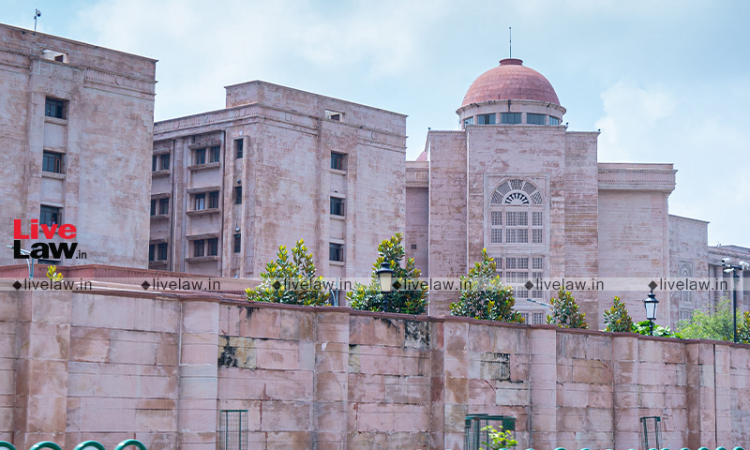Who Is A Competent Person To Lodge An FIR As Per S. 4 Of UP 'Anti-Conversion' Law?: Allahabad High Court Explains
Sparsh Upadhyay
6 Sept 2023 4:02 PM IST

Next Story
6 Sept 2023 4:02 PM IST
The Allahabad High Court on Wednesday explained the scope of Section 4 of the UP Prohibition of Unlawful Conversion of Religion Act 2021 [person competent to lodge FIR] as to who can lodge an FIR regarding the commission of an offence under Section 3 of the Act.The bench of Justice Shamim Ahmed held that as per the mandate of the said provision, only a person who has been converted, his/...
